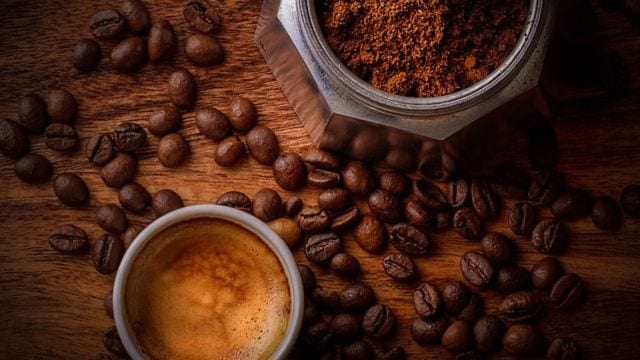The cost of unroasted coffee beans has hit a ‘historically high level,’ says analyst Judy Ganes.

Countries like Colombia, Ethiopia, and Uganda have stepped up their coffee production. (Wikimedia Commons photo)
Coffee prices are rising around the world, and a surprising factor behind it is the world’s smelliest fruit – the durian. In cities like London and New York, the price of a cup of coffee could soon reach £5 or $7.
The cost of unroasted coffee beans has hit a “historically high level,” said analyst Judy Ganes. This price increase is caused by a combination of crop failures, market problems, and low supplies.
In 2021, a frost in Brazil, the largest producer of Arabica beans, ruined coffee crops. To fill the gap, buyers turned to Vietnam, which produces Robusta beans, often used in instant coffee. But Vietnam experienced its worst drought in nearly 10 years, hurting coffee production even more.
On top of this, many farmers in Vietnam have started switching from growing coffee to planting durian, a fruit that’s very popular in China. The durian is so profitable that some farmers earn five times more from it than coffee. As a result, coffee exports from Vietnam dropped by 50% in June 2024.

Many farmers in Vietnam have started switching from growing coffee to planting a fruit called Durian. (Wikimedia Commons photo)
Countries like Colombia, Ethiopia, and Uganda have stepped up their coffee production, but they haven’t been able to fully make up for the shortage. This has caused the price of both Arabica and Robusta beans to reach near-record levels.
Paul Armstrong, who runs a coffee roasting business, warns that UK coffee drinkers might soon be paying over £5 for a cup. He says rising coffee prices are due to a “perfect storm” of issues affecting the coffee supply chain.
The upcoming coffee crop in Brazil is important for stabilizing prices. However, experts worry that long-term climate change could reduce coffee-growing areas by 50% by 2050, leading to even higher prices in the future.
To help, some suggest adding a small tax to support more sustainable farming practices.
(With inputs from BBC)
source: http://www.indianexpress.com / The Indian Expres / Home / by Express Web Desk / September 16th, 2024

